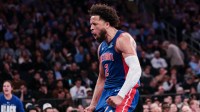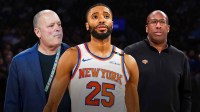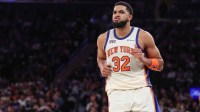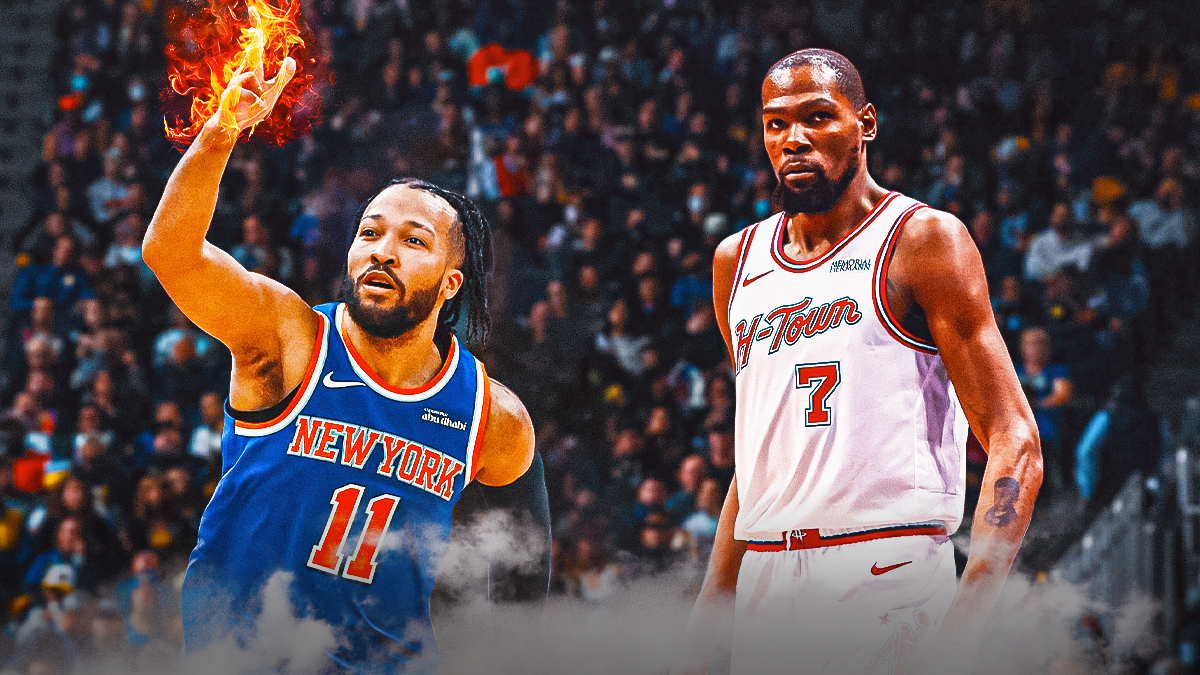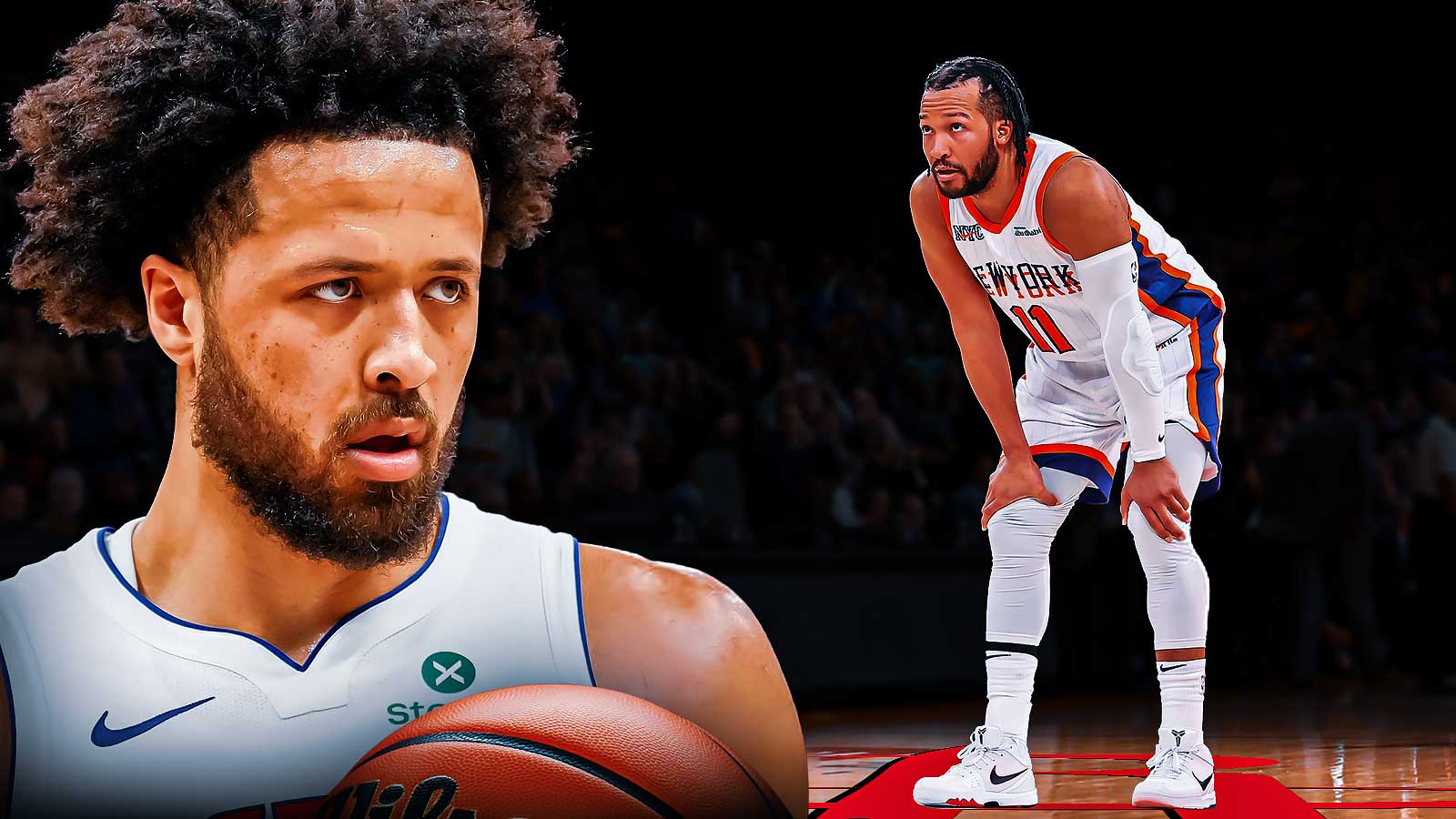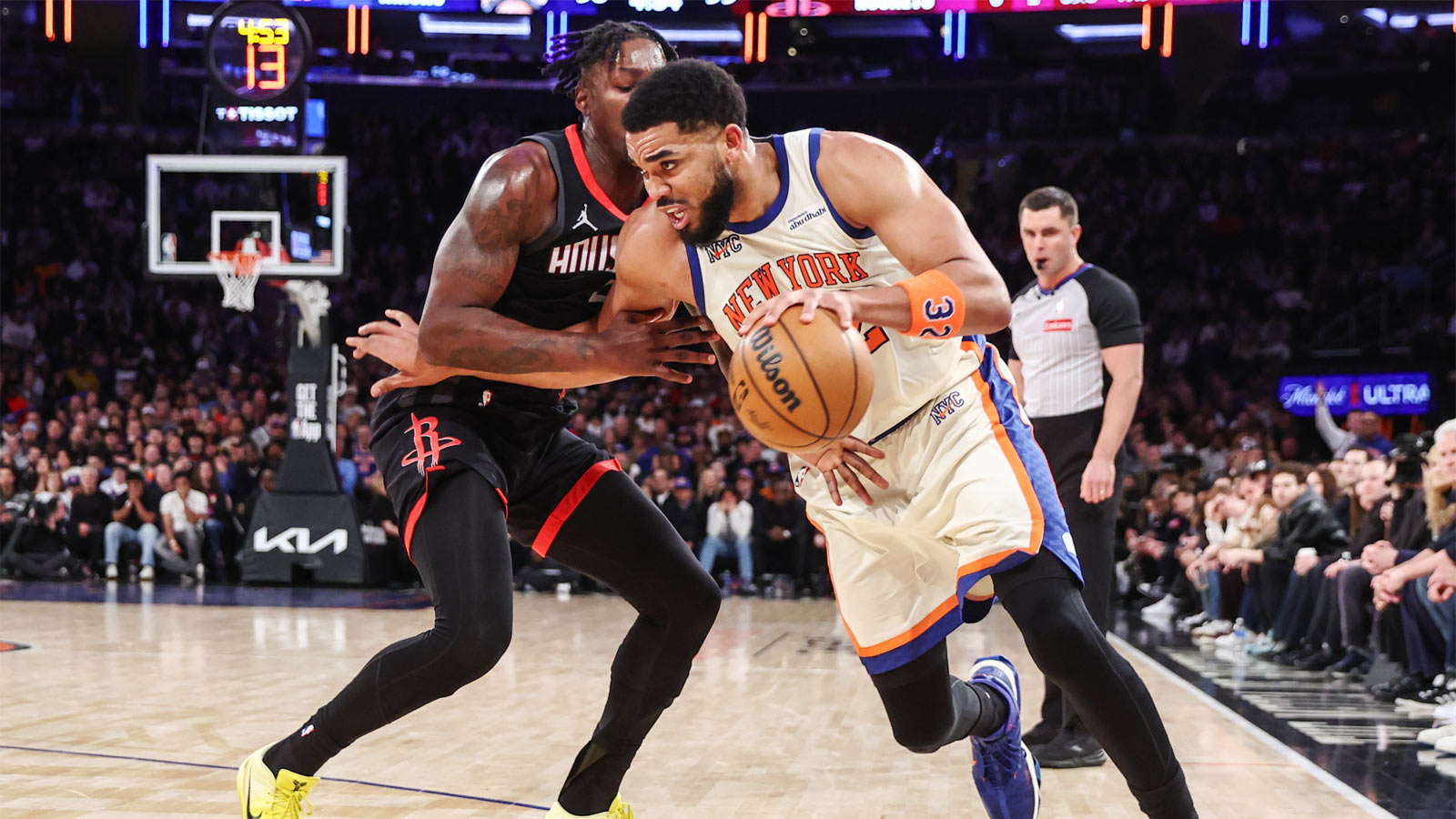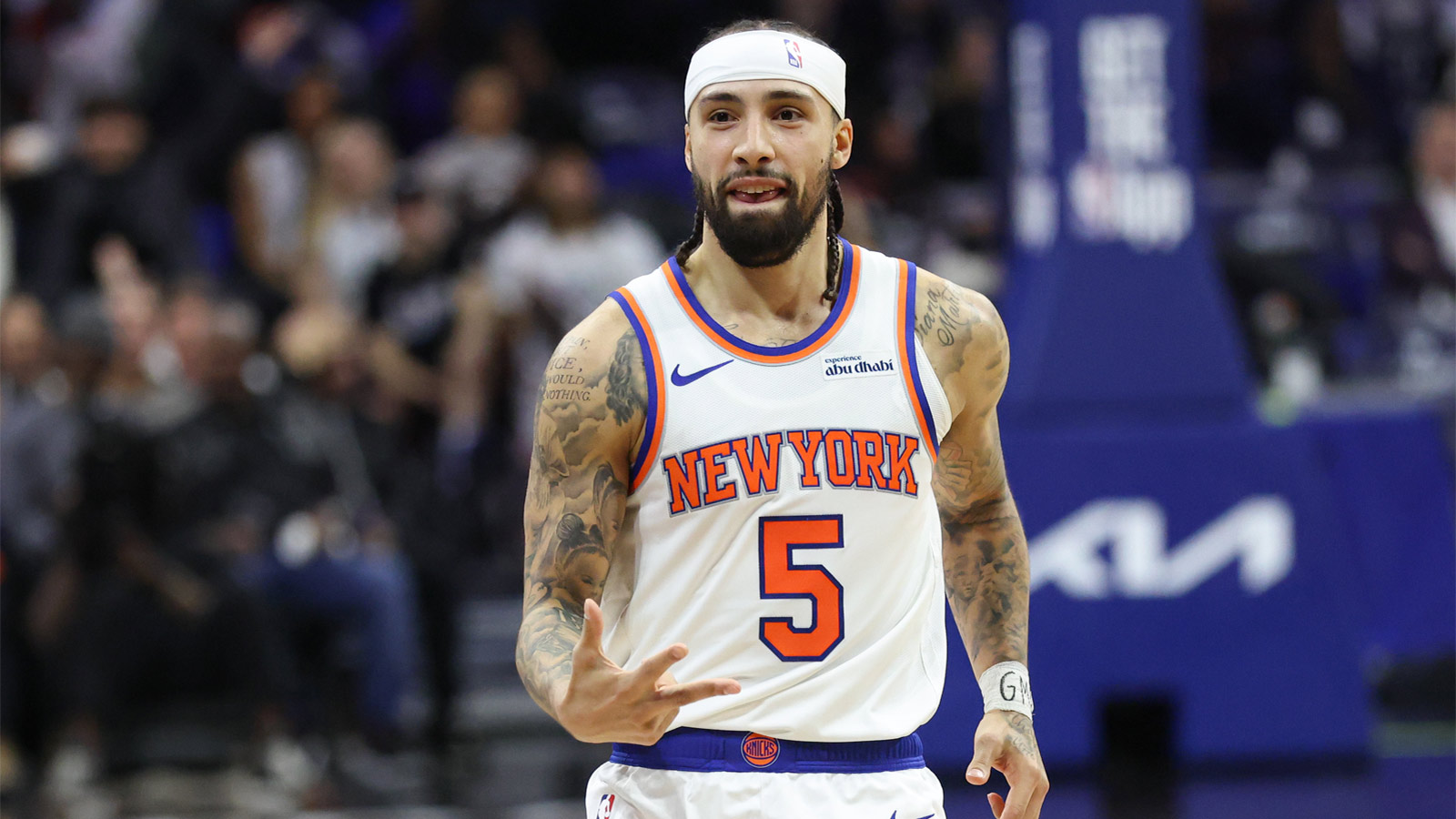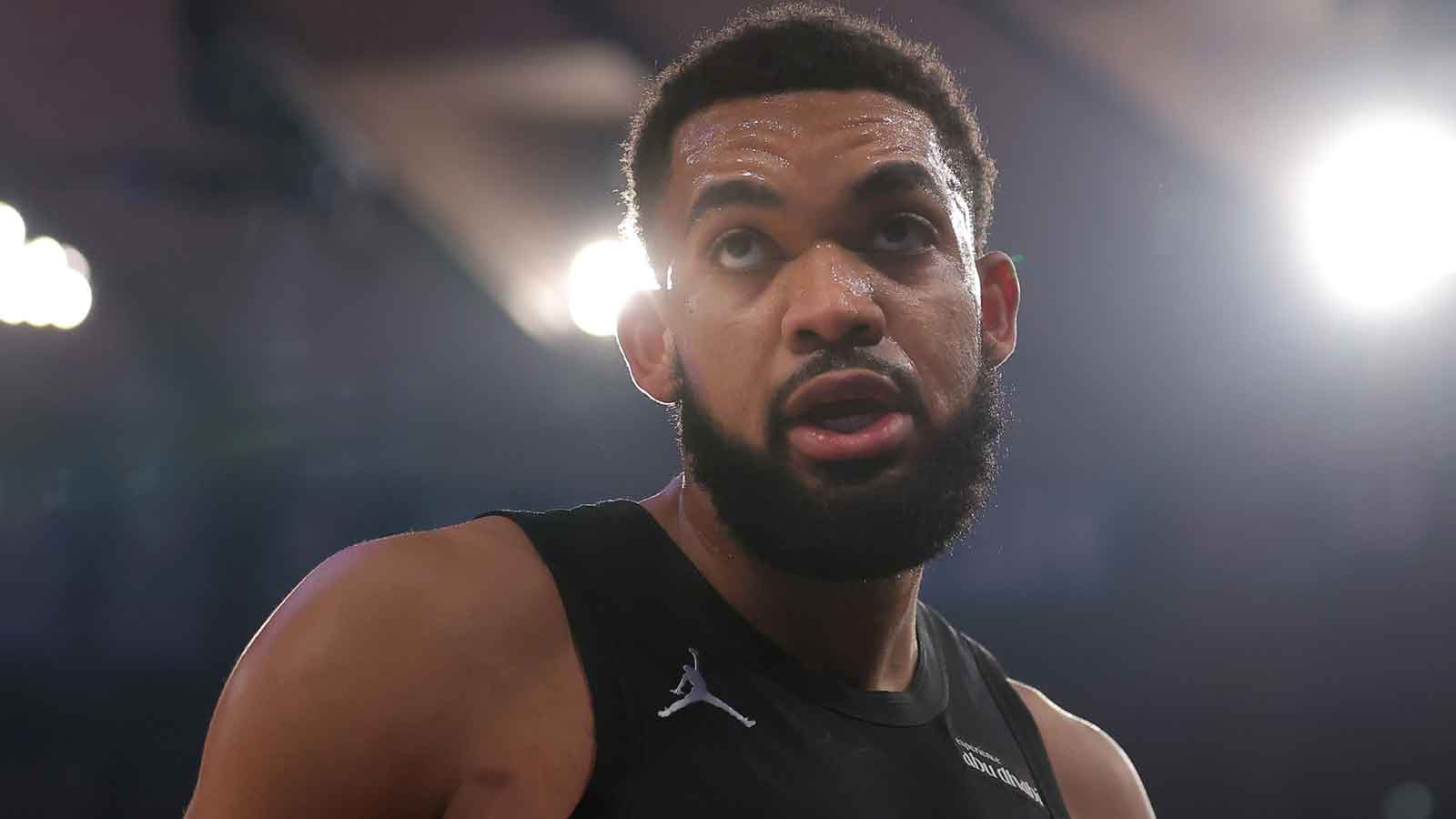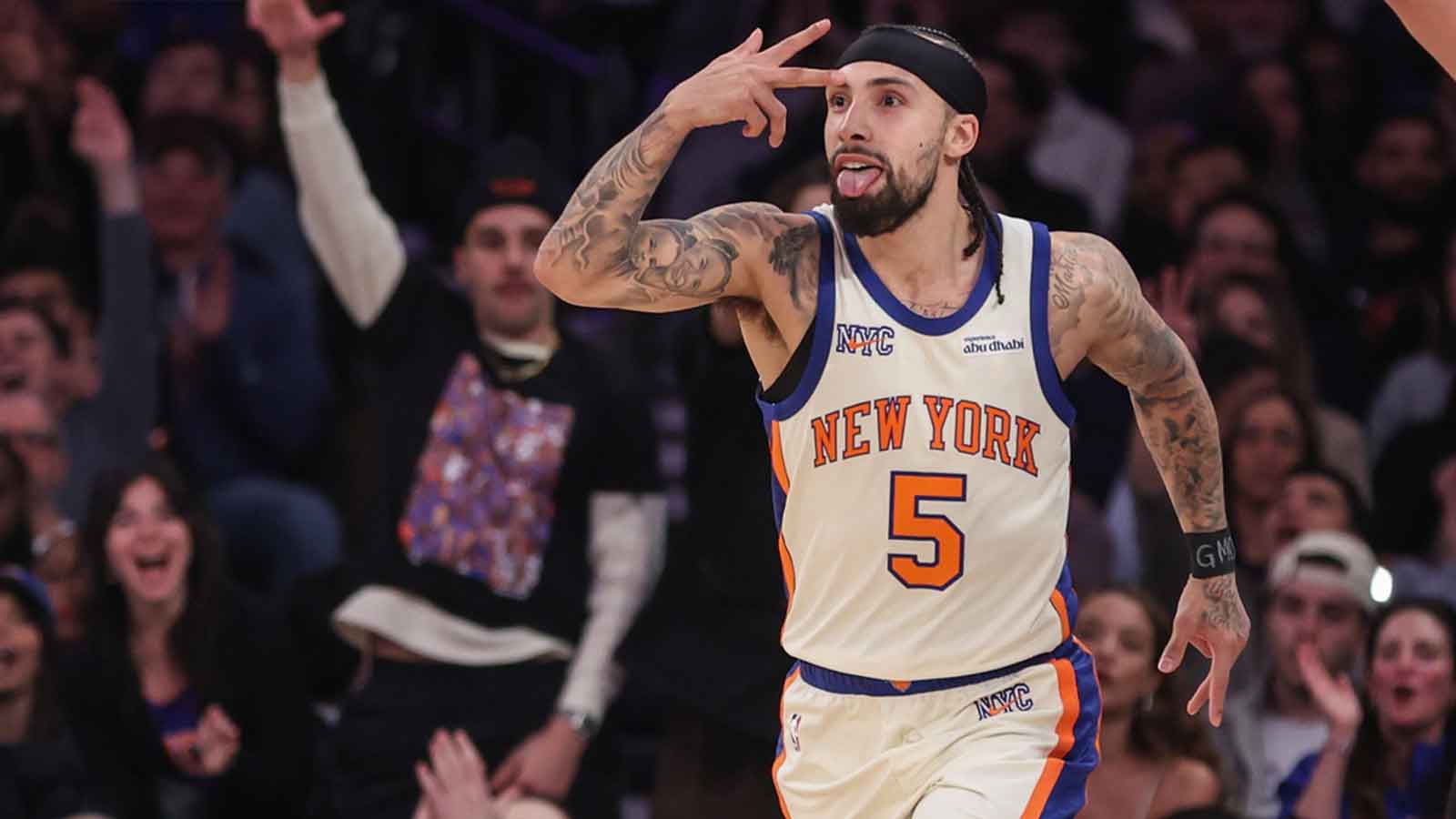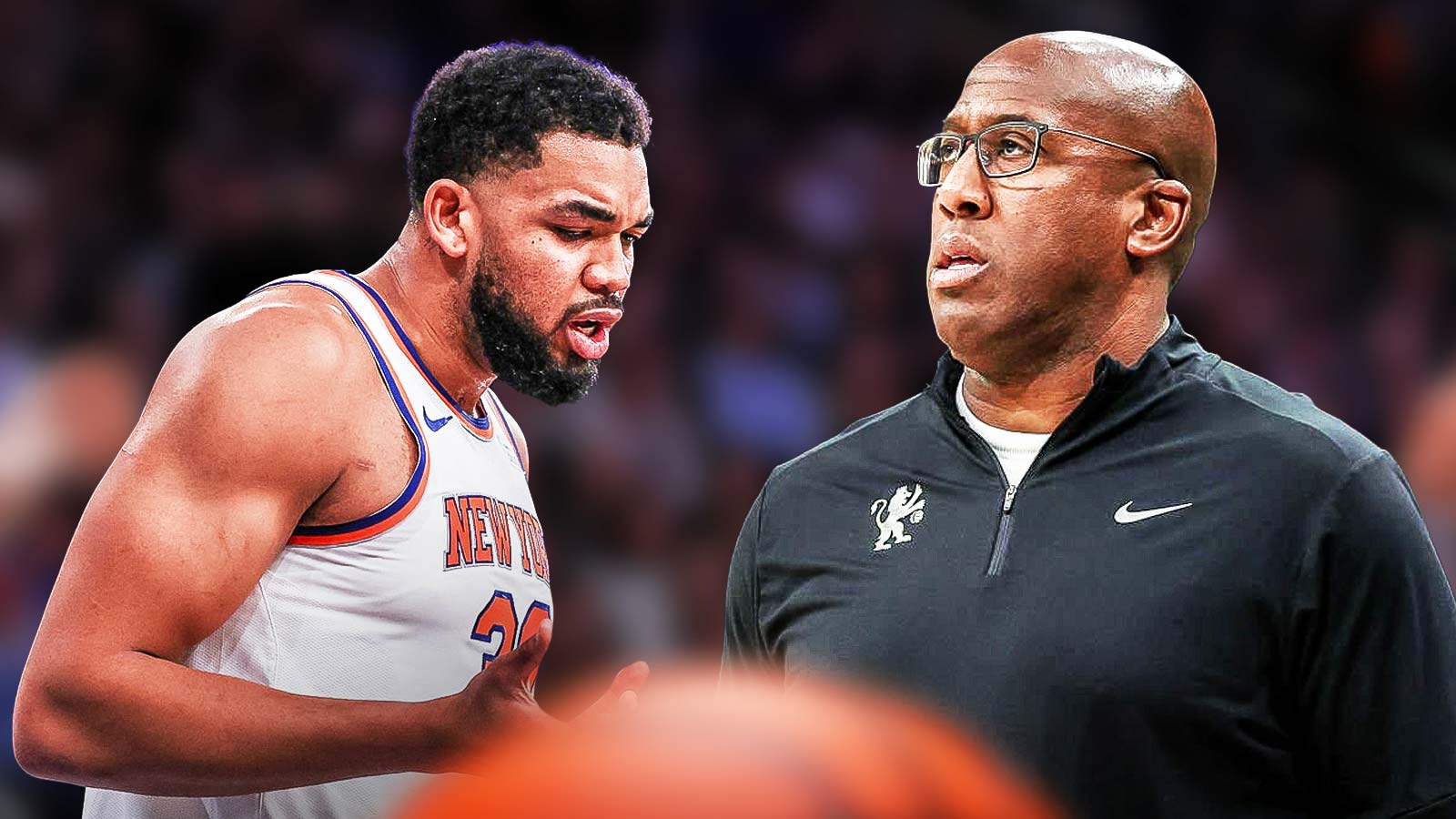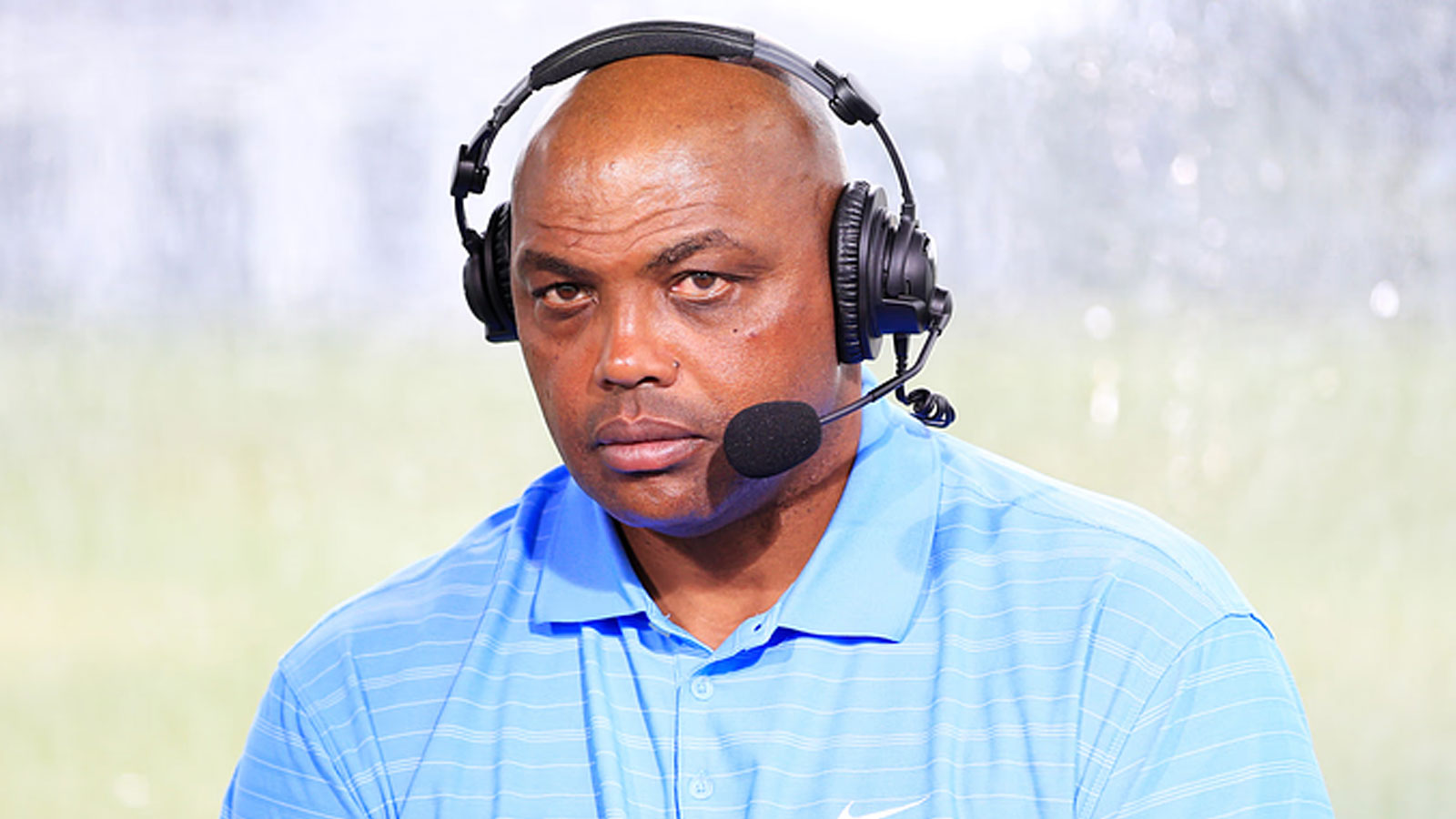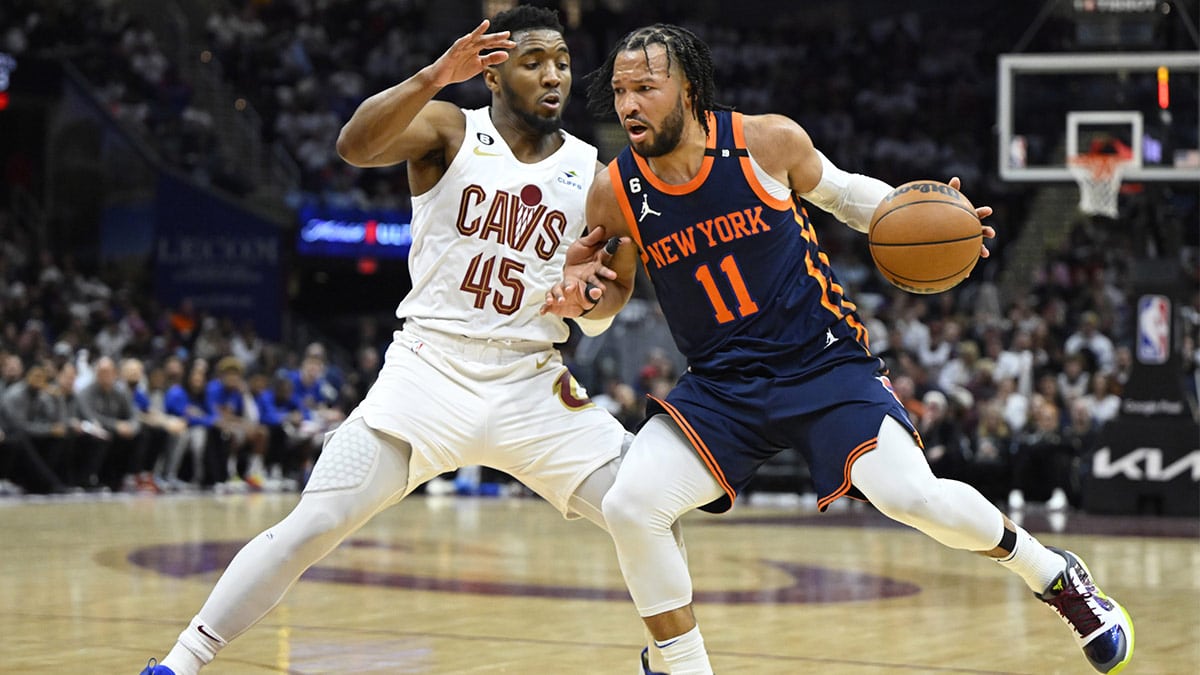The New York Knicks finally reached an agreement on a contract extension with Mikal Bridges. New York agreed to pay Bridges an average of $37.5 million per year for four years in a deal that features a player option in the final year. The Knicks team is now mostly set for the foreseeable future—and it is well prepared to compete for a championship for years to come.
New York was always going to prioritize a Bridges deal. Why? Because they sent out virtually all of their first-round picks to add him last summer. Allowing Bridges to possibly walk for nothing would be a major loss, considering the Knicks would be unable to use the money they spent on Bridges elsewhere, thanks to complications within the collective bargaining agreement. But how does re-signing Bridges and returning the core of a team that was just eliminated in the NBA Playoffs by the Indiana Pacers for the second consecutive year help the Knicks secure a title? Well, it's simpler than it seems.
After Year 1, the Knicks are set up to compete with their core
The 2024-25 season was the first for this Knicks team. Bridges was new to New York, and Karl-Anthony Towns was added just prior to last training camp. So, both players had to find their place with the team. And neither was likely perfectly comfortable with their teammates.
Next year will be different simply due to repetition. The Knicks now have a (successful) season under their belt. They won 51 games and eliminated the defending champion Boston Celtics in the second round. Sure, the Pacers sent them home again, but Indiana was obviously no slouch. They were a bad matchup for the Knicks, especially given former coach Tom Thibodeau's unwillingness to tinker with lineups and his aversion to playing his bench.
Well, Thibodeau is gone. And coach Mike Brown brings with him a reputation for using more intricate offensive sets and relying more heavily on his bench. Or at least that was the case in his most recent stop with the Sacramento Kings.
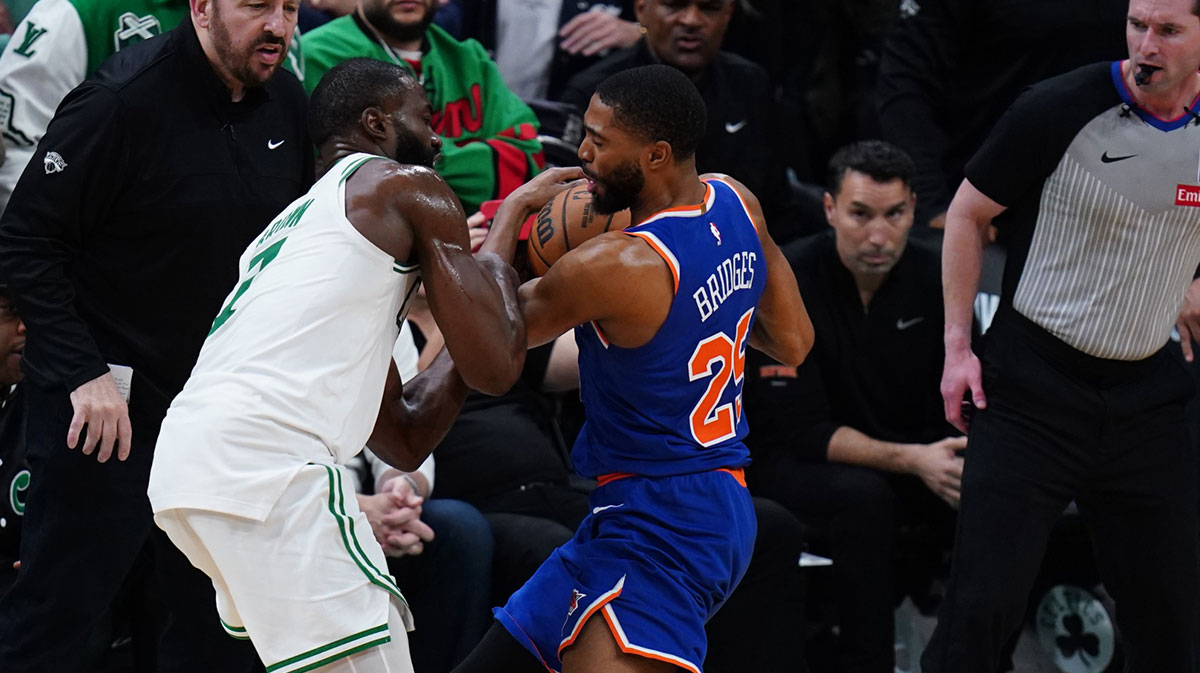
Mikal Bridges can tap into his upside
While the entire team will benefit from familiarity, Bridges stands to benefit even more. The seven-year veteran stepped into a very unique role. He was the first option on the Brooklyn Nets two seasons ago. But he became the Knicks' fourth option behind Brunson, Towns, and OG Anunoby.
Granted, he will probably remain the fourth option. But his versatility can be utilized in better ways.
Bridges showed his unique skill set in Jalen Brunson's absence last season. In 12 games late in the year, Bridges averaged 22.2 points and 5.3 assists while achieving a 55-37-92 shooting split. And his ability to create for his teammates was on full display. As were his defensive abilities.
Coach Brown can unlock a different gear with Bridges, using him as a backup point guard alongside Miles McBride, as well as the starting shooting guard. He can also be the team's small forward in a shooting-heavy lineup alongside Brunson, Anunoby, Towns, and another point guard. And Brown can run sets for Bridges—something Thibodeau rarely did.
The timing of the deal is also noteworthy. Why? Because players can't be traded for six months after signing an extension. However, with Bridges signing on July 31, he will be trade-eligible just before the trade deadline. So, in a worst-case scenario, the Knicks could trade the former lottery pick if they need to shake things up. Or if a certain someone requests a trade from the Milwaukee Bucks.
But ultimately, the Bridges deal wasn't about a trade. It was about winning the team's first championship in more than 50 years. And considering the Knicks roster, as well as what's wrong with the other top contenders in the Eastern Conference, the 2025-26 season (and beyond) is their best chance to win in a long, long time.




